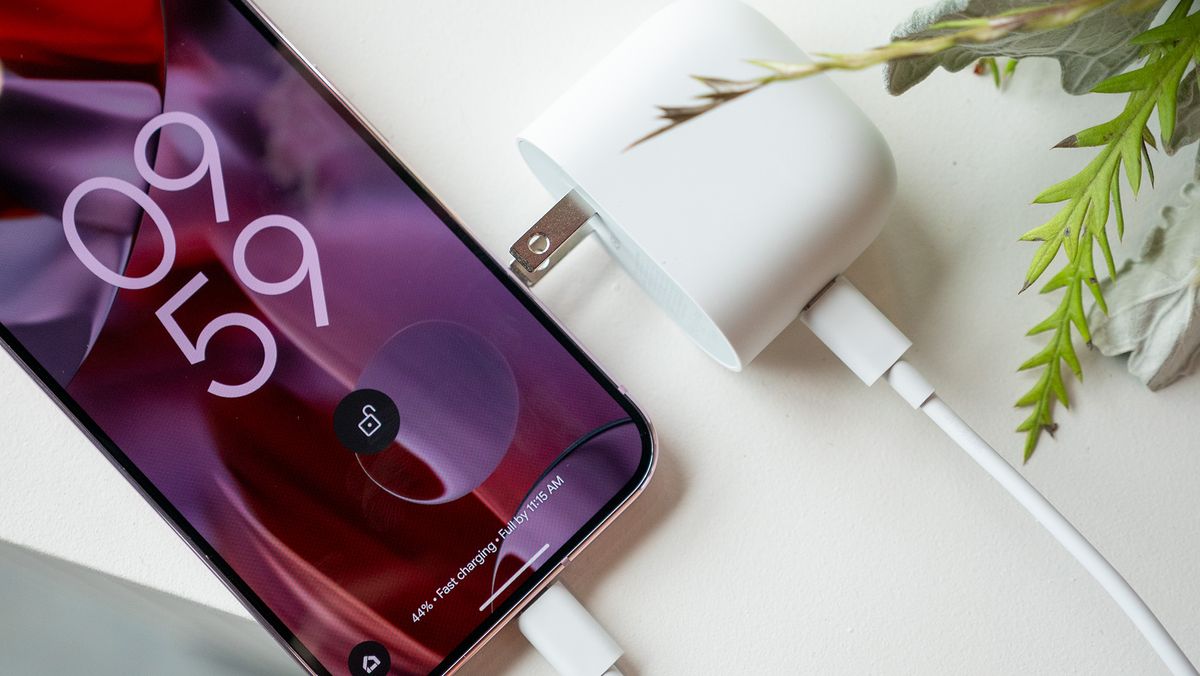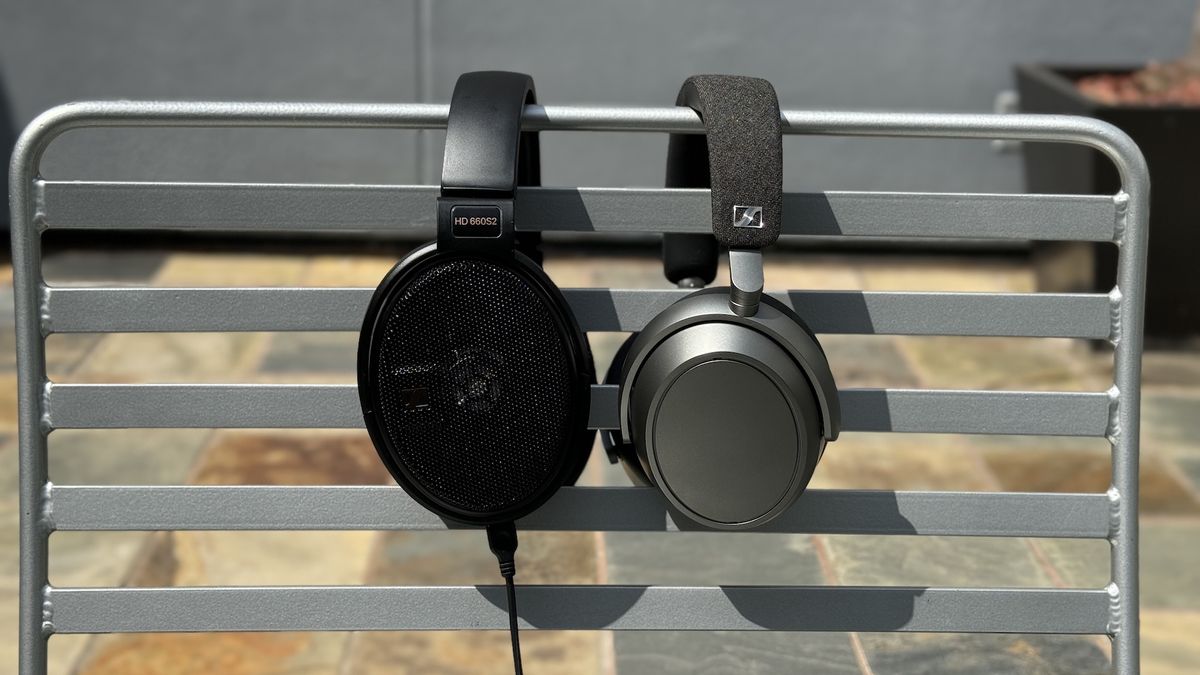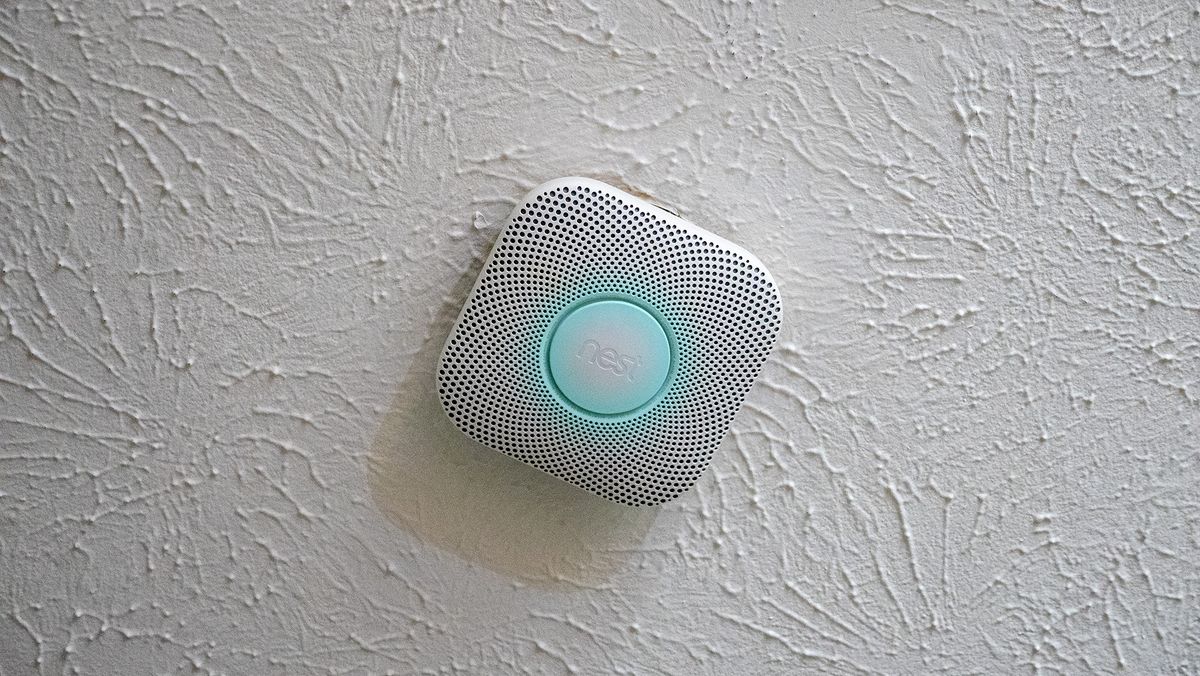First five things to buy when you get a new phone
Gadget Weekly
Join Namerah Saud Fatmi as she explores the cool, quirky, and sometimes downright odd world of smartphone accessories, gadgets, and other nerdy toys every week.
I can’t tell you how many times a week I get asked, “What phone should I buy, Namerah?”. What most people fail to ask, however, is what steps you need to take after you’ve bought your phone. Since nobody asked, I’m going to tell you anyway.
Once you’ve spent your very hard-earned money on something, you obviously want it to last. Phones are investments, people; they require some good TLC. If you intend to hold on to your device for at least two to three years, you can’t use it as is out of the box. Preserving its condition is important, especially when you intend to trade it in a few years down the line. The better the condition, the higher the trade-in value.
If you’re rocking a ball-busting flagship, the last thing you’d want is a scratch or crack. The best Android phones cost over a thousand dollars these days. Who wouldn’t want to keep that valuable of a possession in good shape?
So, here are the first five things that you need to buy right after purchasing your brand-new phone. Some of these add-ons protect your phone, while others provide essential services.
1. A charging brick
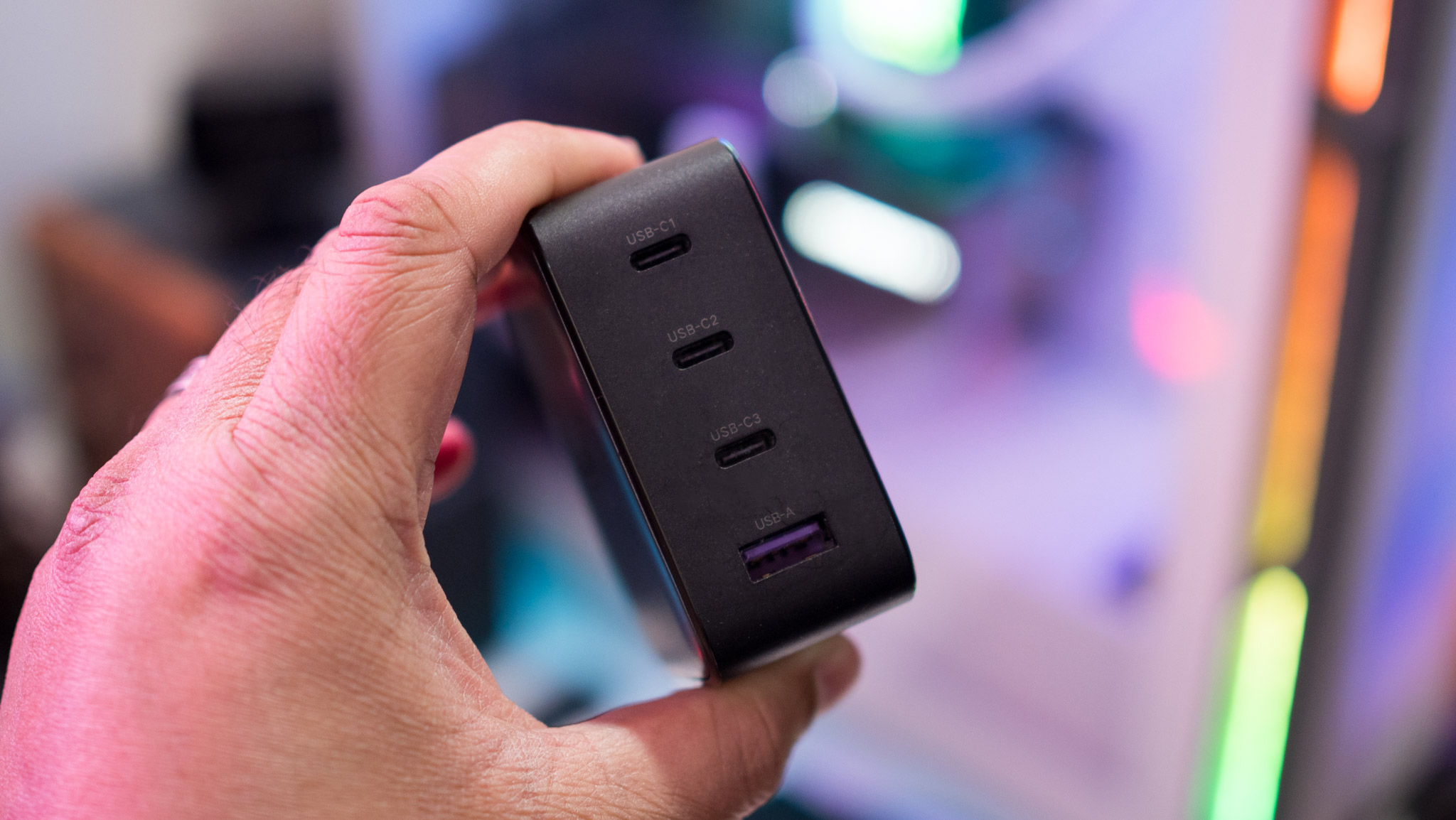
Unfortunately, the trend with modern smartphones is to eliminate useful things and then call it a feature. Just like headphone jacks and microSD card slots, USB-C chargers are no longer available with newer Android and iOS phones. You do get a USB-C cable in the box, but not the adapter to plug into, so it needs to be bought separately.
While you probably have a charging brick lying around at home, the wattage and ports need to be correct so you can get your phone’s maximum charging speed. Another factor to worry about is whether your phone has a specific fast charging standard that needs to be met, like Programmable Power Supply (PPS) or Power Deliver (PD).
I won’t get into the specifics, but be sure to read the fine print and match your phone’s fast charging standard with the charger that you’re buying. If you’re feeling lost, we do have a handy guide to the best USB-C chargers for Android and iOS to help you understand and make an informed decision.
2. A screen protector
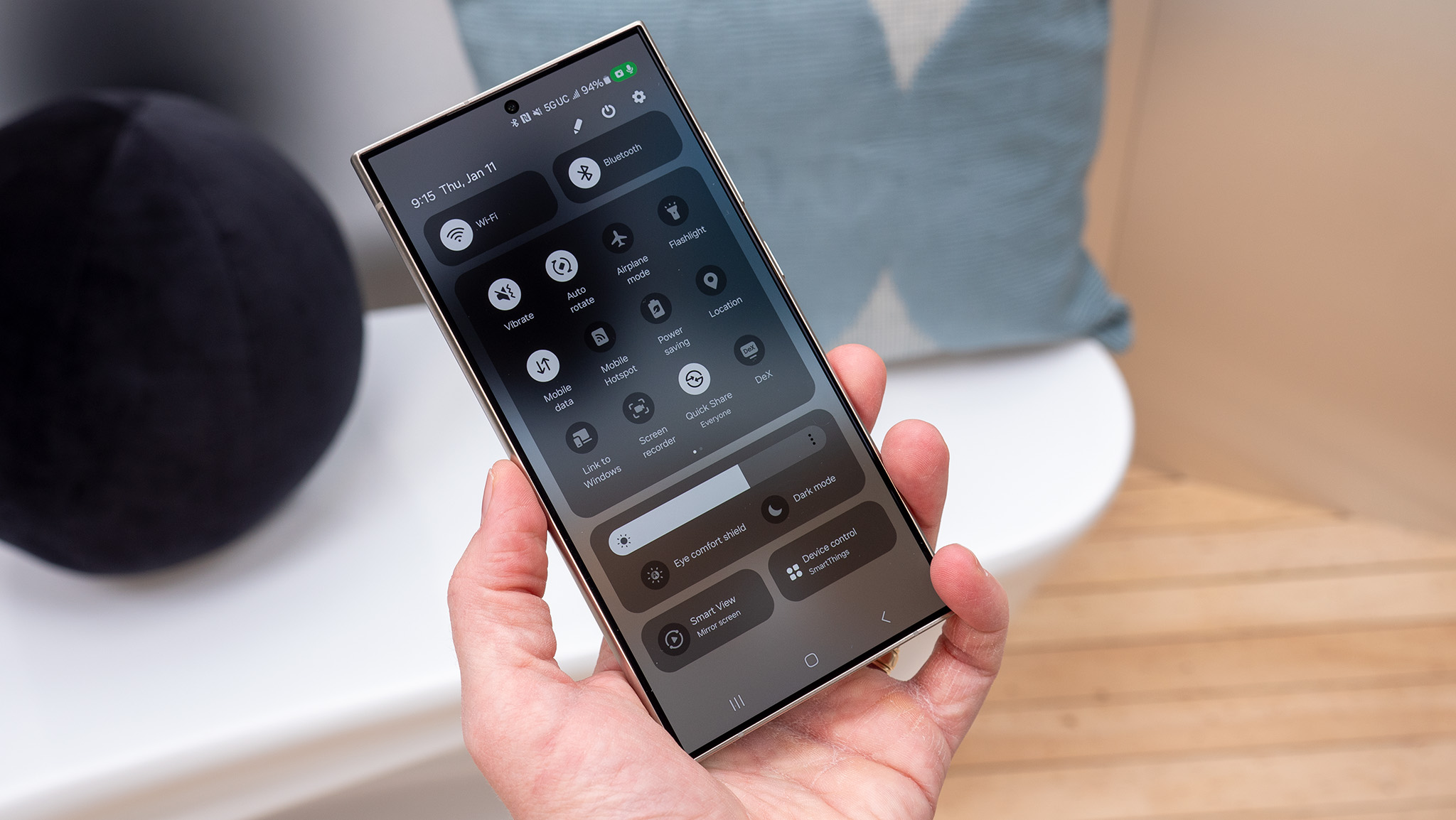
I know some people like to risk it all and use their phones in the nude. I think those people are stupid. Even a cheap $5 plastic screen protector or the free factory-installed film on your phone is better than using your phone without any protection.
Accidents happen; we are all human. The problem is not every phone company is going to replace your expensive 120Hz AMOLED screen for free. What’s worse is that some brands don’t even offer screen replacement at all, even if you have the money to pay for it. Why risk that?
Screen protectors are of mainly two types. You’ve got your sturdy tempered glass protectors with 9H hardness. These are great for shatter-proofing but not always case-friendly. They also don’t play nice with curved displays.
The other sort is a plastic film, which is generally made of PET or TPU. If you’re buying the fancy sort, it might even be a hybrid “glass-tic” mix like the kind offered by ZAGG. TPU and hybrid films are generally more durable. Films are thinner than glass, so you get a much better touch response. They can also self-heal small abrasions. However, you do not get hardy shatter-proofing or as robust drop protection for your phone’s screen, so choose wisely.
3. A phone case
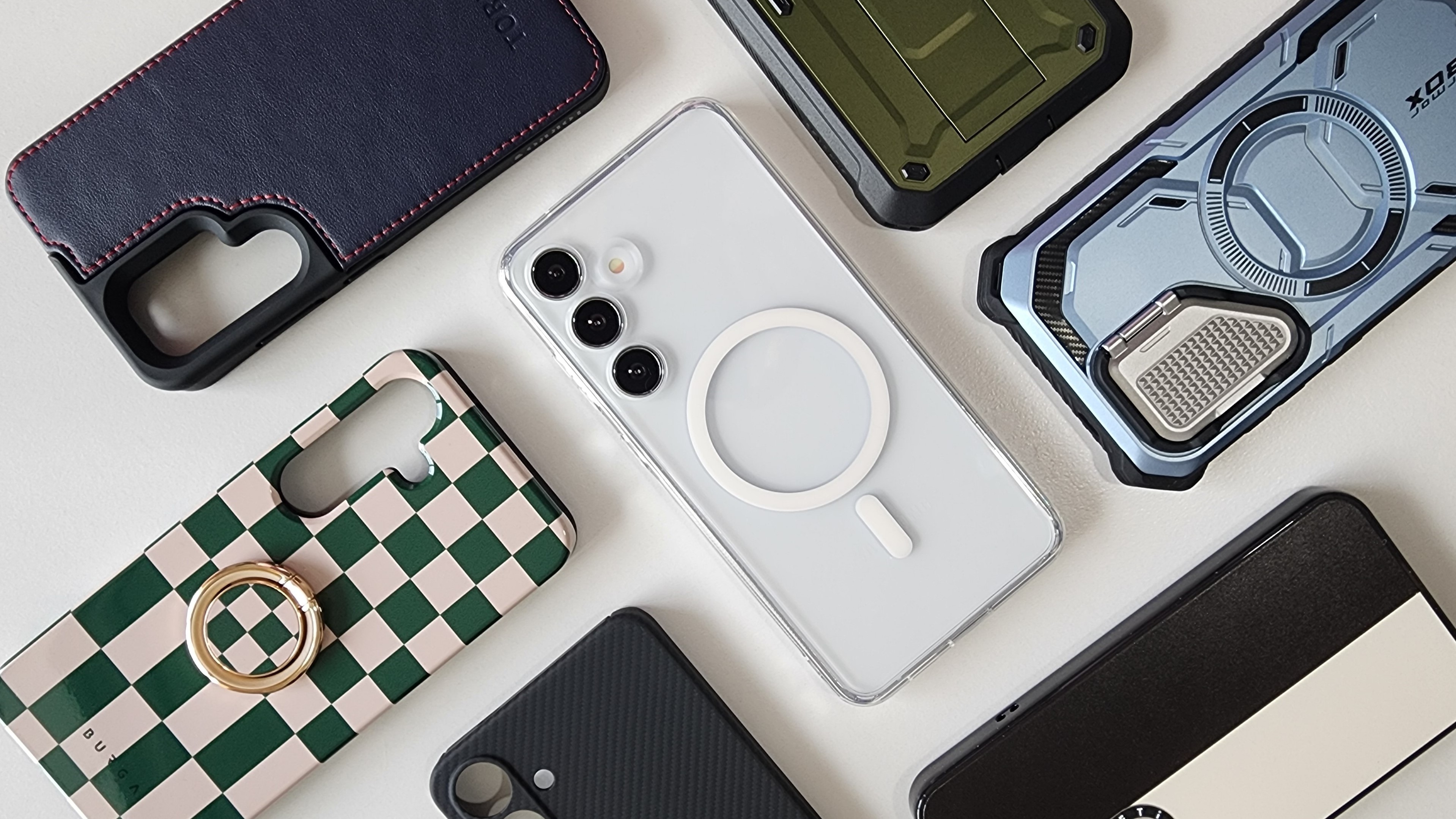
If you’re planning on trading in your phone, it’s a very smart idea to purchase a phone case to keep its body in mint condition. Another reason is to add friction. A lot of sleek and sexy-looking smartphones as very slippery. You can fix this problem and prevent accidental drops with the help a decent case, especially one that has scored or textured sides for added grip.
Phone cases and covers are a dime a dozen. You can find all manner of phone cases, from thin, lightweight ones to thick, heavy-duty ones. Price isn’t an issue for most devices unless you’re looking to buy a case for a foldable phone.
Apart from the price, focus on the impact protection offered by the phone case you’re eyeing. Many case makers specify how many feet of drop protection their cases add, and some even go the extra mile by adding an antimicrobial layer that kills germs.
4. A pair of wireless earbuds
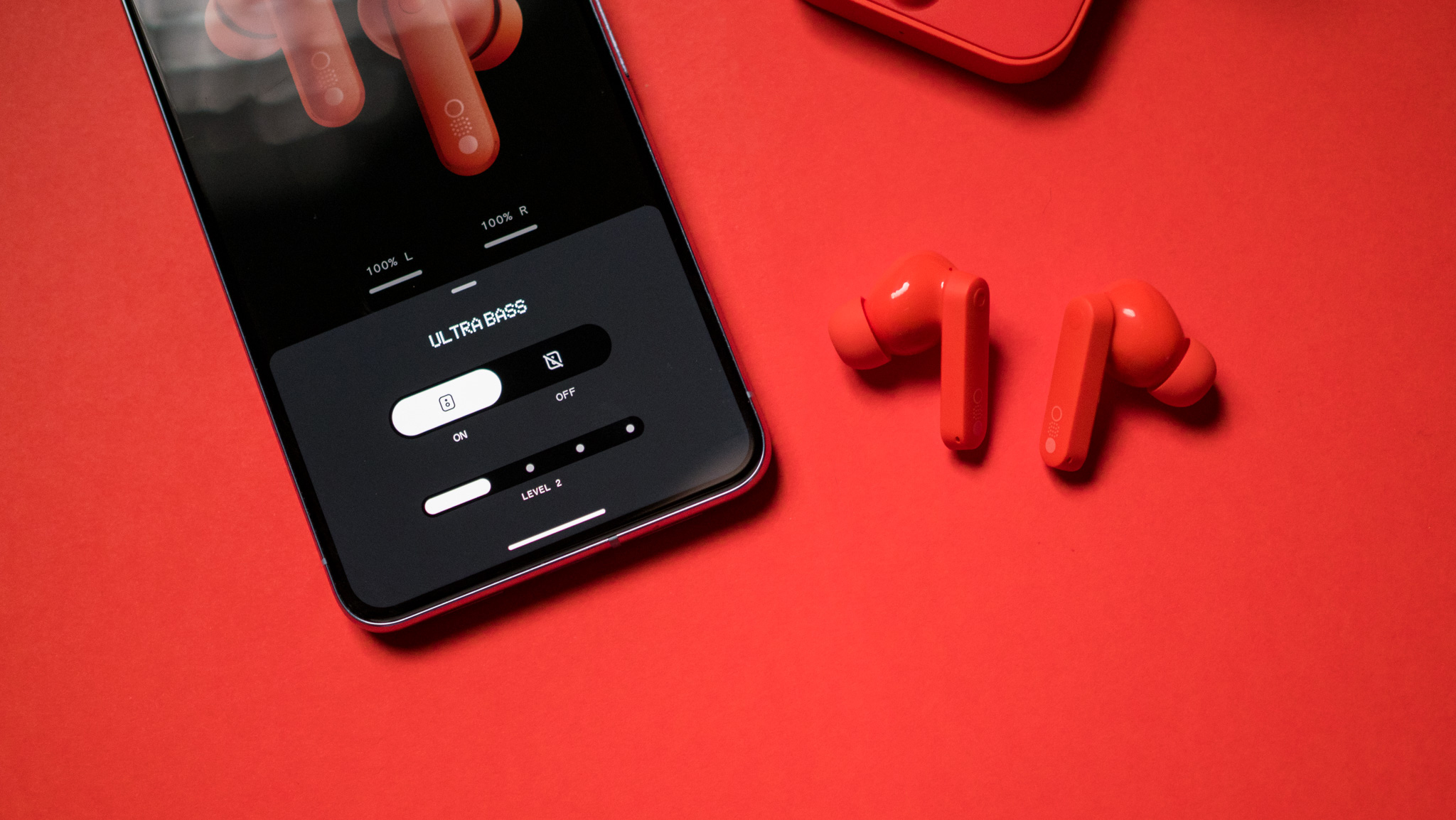
You might be scoffing at this one, but let me tell you why you’re wrong. Flagship and mid-range phones no longer have headphone jacks. So, what will you do when you want to listen to music privately or watch something in a public space? I’ll tell you what you won’t do: blast your tunes or play your video on your phone’s speaker as people eye you on the subway or the local coffee shop.
Of course, you need a pair of decent wireless earbuds to go with your audio port-less phone. How else would you get audio playback delivered directly to your ears? The good news is that you don’t need to shell out hundreds of dollars to get a good pair of earbuds. For example, the CMF by Nothing Buds cost only $39!
5. A MagSafe adapter ring
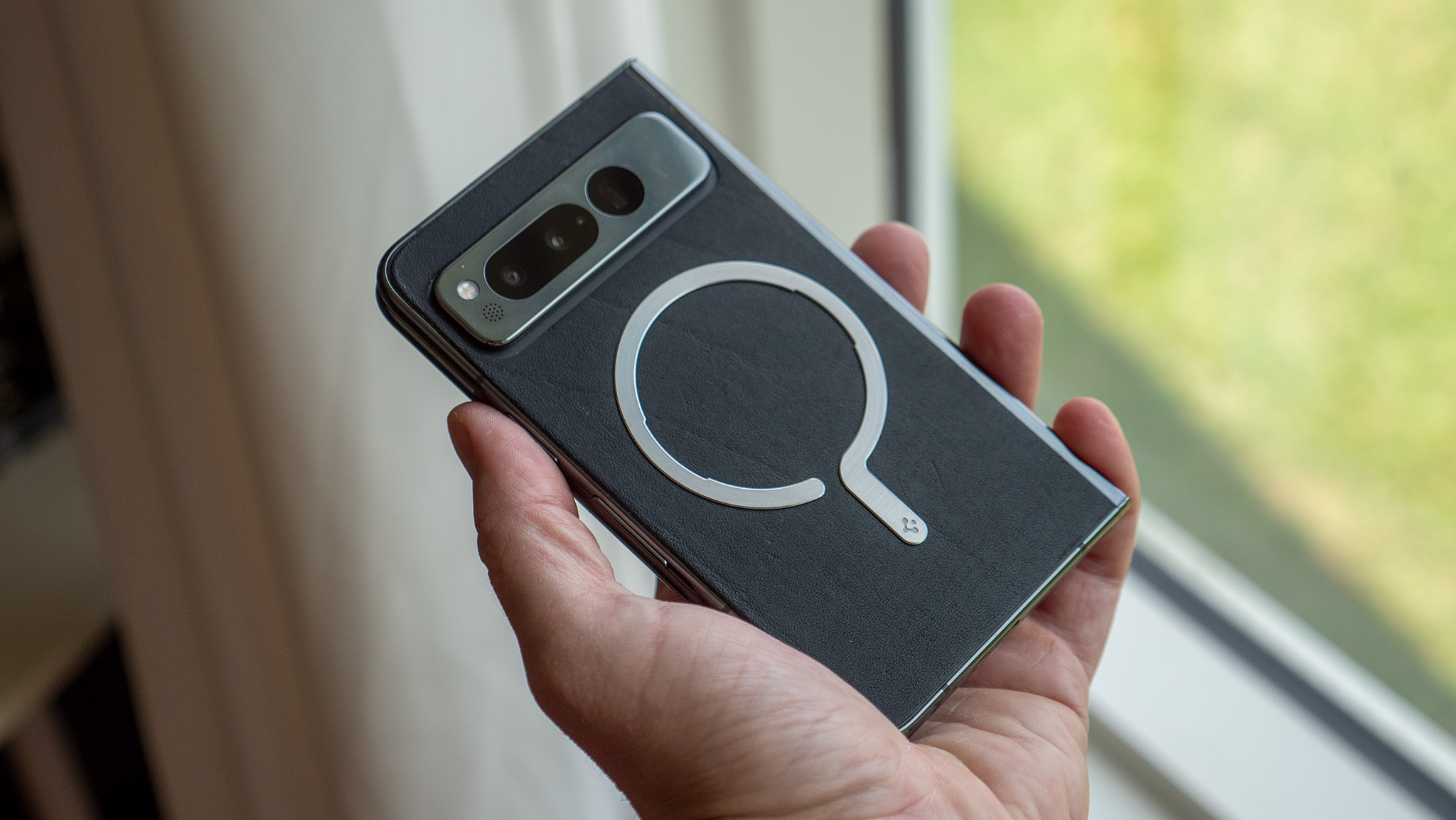
I am a firm believer that a MagSafe adapter is the one ring to rule them all. Forget smart rings, you can get this sticky magnetic adapter for any phone with the spare change in your pocket. But why is it an essential purchase? Let me explain.
Once you have all the basics like a screen protector and a phone case, you’ll want more accessories a phone grip or a stand. A MagSafe adapter enables you to magnetically attach any accessory and detach it at will, whenever, wherever. It’s a high level of convenience that cannot be attained otherwise.
Think about it. You don’t need to fiddle with stupid arms on a car charger or stand anymore. Phone grips won’t have to be adhesively attached to your phone case forever. And you can use wireless chargers without fear of the coils becoming misaligned. Getting a MagSafe adapter ring opens up a world of opportunities for your Android or older iOS device. You can use all the best MagSafe accessories with it, whether they’re Qi2 wireless car chargers, MagSafe phone grips, or magnetic wallet attachments.
This isn’t the end of the line when it comes to accessorizing and customizing your phone. You can get smartwatches, smart rings, power banks, and all sorts of extras to go with your phone. Some folks like buying kickstands and selfie-sticks. Others like Bluetooth accessories like speakers.
You can get as many additional gadgets and accessories as you want to go with your phone. However, anything else you get would be non-essential, at least in my books.
